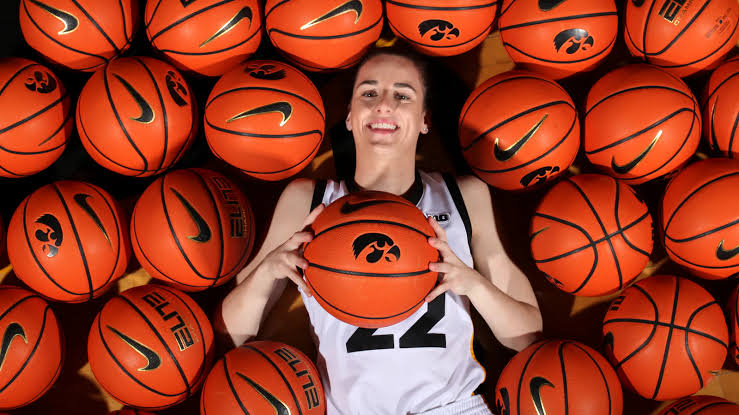The ongoing discourse surrounding Caitlin Clark’s impact in the WNBA has sparked significant debate, particularly following Sheryl Swoopes’ recent comments questioning Clark’s dominance as the league’s Rookie of the Year. Swoopes, a legendary figure in women’s basketball, mentioned other players such as Lexie Hull, Kelsey Mitchell, and Aaliyah Boston while notably omitting Clark from her discussion. This has led to strong reactions from commentators, including Stephen A. Smith, who voiced his frustration over Swoopes’ dismissal of Clark.

Swoopes’ critique raises important questions about the standards by which young players, especially rookies, are evaluated. In her comments, Swoopes implied that Clark has not made a significant impact on the league, a statement that seems to contradict the sentiments of the Rookie of the Year voters who recognized her outstanding performance. Clark has already made headlines with her exceptional skills and ability to draw attention both on and off the court. Thus, the question arises: what does it mean for established players to overlook or downplay the contributions of newcomers?
Smith’s response to Swoopes highlights the potential ramifications of such critiques. He emphasizes that as one of the greatest players in basketball history, Swoopes has a unique platform and responsibility. When she chooses to omit Clark from her analysis, it not only undermines Clark’s accomplishments but also reinforces narratives of bias and exclusion that often plague female athletes. Smith’s passionate defense of Clark underscores a broader concern within sports culture regarding the treatment of emerging talents, especially those who break barriers and challenge norms.
In the context of sports, especially in leagues like the WNBA, the notion of “dominance” can be complex. It often intertwines individual performance with team success and recognition. Clark’s accolades, including her scoring prowess and ability to perform under pressure, position her as a formidable force within the league. Critics may argue about her overall impact, but her Rookie of the Year title reflects a consensus among many that her contributions have been significant.

The omission of Clark from Swoopes’ discussion is particularly striking given the historical context of women in sports. Female athletes have long battled for recognition and respect in a field often dominated by men’s narratives. Swoopes, who has paved the way for future generations, may inadvertently perpetuate the very biases that many women athletes strive to overcome. By not including Clark in her discussion, she raises eyebrows and invites scrutiny over her perception of Clark’s achievements.
Moreover, Smith’s assertion that Swoopes should understand the implications of her statements touches on a critical aspect of sports commentary. When influential figures in sports critique or ignore rising stars, it can have ripple effects, influencing public perception and the careers of those athletes. In Clark’s case, this could fuel a narrative that she is not worthy of the praise she has received, potentially impacting her confidence and performance in subsequent seasons.
Looking ahead, Caitlin Clark’s journey in the WNBA is just beginning. Despite the Fever’s early playoff exit, her Rookie of the Year title signifies a promising future. As she prepares for the next season, Clark will likely be motivated to prove her critics wrong and solidify her place in the league. The basketball community, including legends like Swoopes, must recognize and support this evolution rather than diminishing it.
In conclusion, the discourse surrounding Caitlin Clark’s performance and Sheryl Swoopes’ critique serves as a critical reflection on the challenges faced by female athletes. It emphasizes the need for constructive dialogue that uplifts and recognizes emerging talent rather than dismissing it. As the WNBA continues to grow in prominence, the narrative around its players—especially those breaking new ground—must evolve to reflect the complexities and achievements of all its members. Supporting athletes like Clark is essential for fostering an inclusive and respectful environment in women’s sports.




